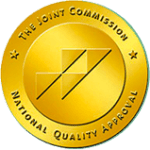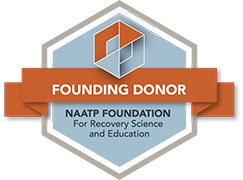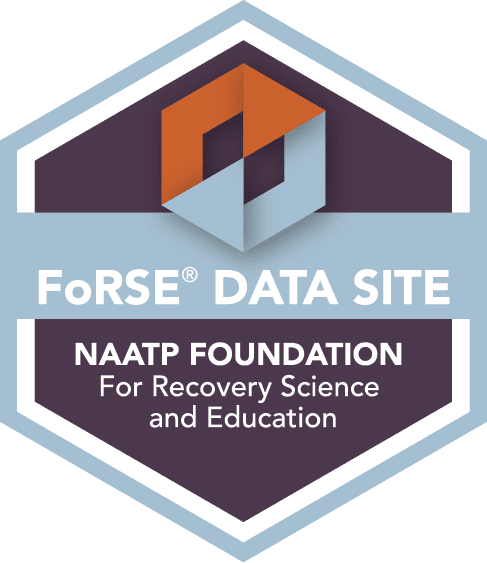Incorporating Creative Activities in Recovery: Getting Back to the Basics
When we’re kids, we’re much more open to exploring the world with curiosity and wonder. Vince Gowmon, a life coach, counselor, author and more, emphasizes that it’s because children are still connected to their body rather than strictly through their mindset. They’re able to move much more fluidly – and with little association to place on certain experiences or meanings, they’re able to enjoy the process of creation more fully than adults can. That doesn’t mean that we can’t get back into this childlike state of wonder, though – as part of the journey to recovery, creative exercises are a great way to tap into that inner child that was once so playful.
Creativity and Addiction: How They Relate
Many people in addiction recovery experience difficulties with expressing how they feel; they may have trouble understanding how others feel, and its often quite difficult for them to put these feelings into words. Creative approaches to therapy can really help those in recovery uncover more of who they are and what they’re feeling – while it’s not a straightforward approach, it greatly helps people understand their own thought processes and, better yet, how to relate to others.
There are many types of creative activities that can take place in recovery, such as:
Music Therapy
A 2016 study published in the journal Music Faculty Publications explored womens’ perceptions of music therapy while in recovery. Researchers found that music therapy greatly helped people improve their sense of wellbeing through catharsis, self-understanding, group cohesiveness, and instillation of hope. Music therapy can involve listening to songs, playing an instrument, dissecting lyrics, and more.
Art Therapy
In 2018, researchers conducted a study that was published in the journal Alcoholism Treatment Quarterly that emphasized the beautiful affects that art therapy can have on recovery. They noted that expressive therapies, such as that found with art, can help individuals process their recovery, identify their triggers, develop coping strategies and further instill hope for sobriety.
Psychodrama
Psychodrama is a creative form of therapy that allows people to take on different roles and act out various scenarios, as well as engage in others’ scenarios to increase their understanding of lived experiences. The American Society of Group Psychotherapy and Psychodrama noted that these engaging forms of treatment can be beneficial in helping those in recovery address their current reality against their projected future expectations.
Nature Walks
Being out in nature – going for a walk, sitting outside, spending time with animals, etc. – can leave us feeling more grounded than we felt before. There’s something about the very beauty of our natural surroundings that brings us back to our own human nature. In this, we can rest in our thoughts and feelings without interruption. Albert Einstein once stated, “Look deep into nature, and then you will understand everything better.”
Building a Lifestyle That Works for You, Not Against You
What most people find in recovery is that it’s a combination of elements – not just one – that make up an enriching life of sobriety. For example, therapy can be an excellent weekly component of recovery that enables you to develop a better understanding of yourself, along with some amazing coping tools for when triggering emotions or events strike. However, it’s not therapy alone that leads to success in recovery. It’s a plethora of other things, such as:
- 12-Step Programs – previous research has shown that greater attendance and participation in 12-Step meetings is linked to greater positive outcomes in sobriety. For many people, it’s the social support offered through sponsorship and group meetings in combination with a strengthened sense of spirituality and instilled hope that derives from the principles followed.
- Daily Structure – creating a lifestyle of recovery is about engaging in healthy activities that fuel your mind, body and spirit. Establishing set sleep/wake up times, eating healthy foods, exercising regularly, and practicing other self-care habits is crucial to relapse prevention and forming a life that brings you joy.
- Activities – creative endeavors, such as playing an instrument, drawing, or journaling, provides ample opportunity to explore some of your thoughts about yourself and life – even if you’re not quite aware of them yet. Spend some time developing new hobbies and rebuilding your life with activities that support your learning, growth and development.
- Support – a 2014 study published in the journal PLOS One established that social support in recovery changes over time; this is true, because we must let go of those who are no longer conducive to our recovery (such as those we used to use substances with) and surround ourselves with people who are in support of our recovery goals.
Challenge yourself to learn new things throughout this time. Practice something new. Pick up a new sport or hobby. It is during this period of growth that you’ll gain so much strength.
Don’t wait any longer to begin the journey towards recovery today. Hope is not lost, and healing is right around the corner.
This is the year to change your life from suffering due to the disease of addiction to thriving in the sunlight of the spirit of sobriety. As the world’s first 12-Step treatment center, established in 1939, High Watch Recovery is dedicated to educating patients on 12-Step principles, actions, philosophies, and lifestyles, preparing them to live a happy and healthy sober life after graduating. For information on our continuum of clinical care and our compassionate approach to treatment, call us today: 860.927.3772.








